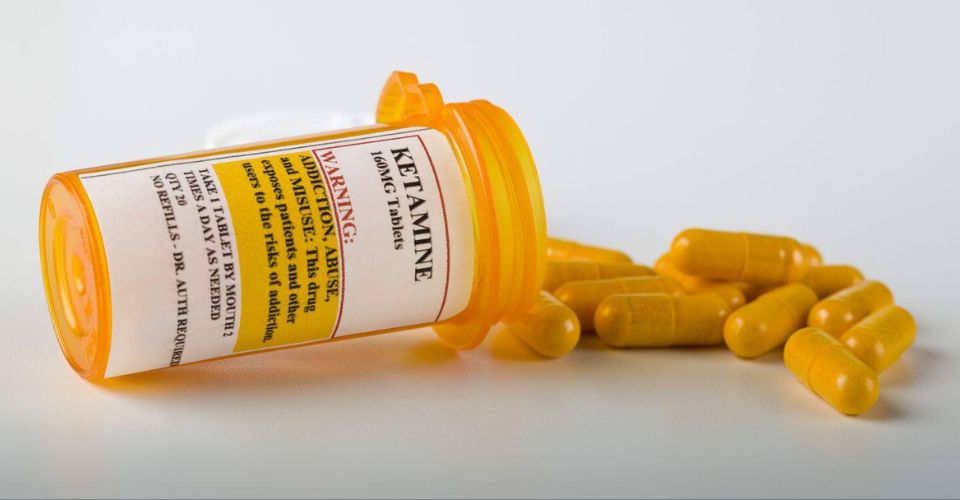Ketamine has been attracting considerable attention in recent years as a groundbreaking depression treatment, especially for people who do not respond to conventional antidepressants. However, emergent research is bringing to light an interesting new facet of this drug: its ability to boost social pleasure and empathy. This could have significant implications, particularly when it comes to mental health treatments that prioritize enhancement of social connectedness and emotional well-being alongside alleviation of depressive symptoms.
Social Pleasure and Empathy Defined
Empathy forms the foundation for social interaction. It makes it possible for us to understand and experience what others are feeling. This deepens our connection with them leading into more harmonious relationships. On the other hand, socializing brings joy and satisfaction from interactions with others be it spending time with family, having a hearty laugh together or helping someone in need. These elements together are important in emotional health and social cohesion.
In persons suffering from major depressive disorder or other kinds of psychological illness, empathy and social pleasure often become dulled. Consequently, this can lead to feelings of isolation, increased loneliness making depression worse than before. While traditional treatments have focused on addressing the fundamental symptoms of depression there has been increasing interest in finding ways to also improve one’s capacity for empathy and enhance their enjoyment of life with companionable moments.
Beyond Depression Treatment with Ketamine
This research was conducted at the National Institute of Mental Health (NIMH) whose findings were published in the American Journal of Psychiatry which examined ketamine’s influence beyond its established use as an antidepressant agent. Involving 68 respondents aged between 18-65 years experiencing MDEs without response to a minimum one ADL.
Every respondent had both a placebo infusion and ketamine infusion done separately during double-blind placebo crossover design after two weeks’ interval between each infusion. The Snaith-Hamilton Pleasure Scale (SHAPS) was used to gauge the participants’ level of social pleasure, which comprises questions focusing on enjoying social interactions. The overall depressive symptoms measured by MADRS before and after each infusion were evaluated and a measure of change was taken.
A Fresh Look at the Effects of Ketamine
The findings were remarkable, as the participants reported increased enjoyment in their social interactions when they received ketamine as opposed to placebo. It made them happier with experiences such as being around family, seeing smiles or helping others. These lasted for up to one week post-infusion.
Curiously, when the general mood-lifting effects reflected by MADRS were controlled for, researchers found that there was a specific elevation in social pleasure that linked up with this with ketamine’s overall antidepressant properties. Thus, it can be inferred that the impact of ketamine on social pleasure may merely be another merit going hand in hand with its other wider-reaching actions against depression rather than a direct outcome on social connectedness.
Exploring Empathy Through Animal Models
So, to further study ketamine’s impact on empathy, the investigators decided to use a rodent model. In this experiment, however, rats were trained to press a lever that would give them a treat, with a twist: if they pressed the lever, it would also shock another rat in the same cage slightly. Consequently, the authors observed that ketamine-treated rats were more likely to forgo reward so as not to harm their cagemate compared with saline-injected rats. The findings suggest that ketamine may facilitate empathetic responses; an outcome which can have far-reaching effects especially in its use in managing empathy-distorted diseases.
The researchers discovered that there was an effect of ketamine on empathy that lasted up to six days following treatment indicating that it had long-term influences on rat behavior. Importantly, this enhancement of empathic behavior was unrelated to generalized increases in reward-seeking behaviour implying that rather than merely making animals more hyper-sensitive about rewards like doing cocaine does, ketamine directly heightens empathy.
Implications and Future Research
Although these findings are encouraging, the study has some limitations. First of all, SHAPS measures self-reported pleasure which may not always be associated with actual changes in social interactions. Therefore forthcoming studies should include more objective behavioral assessments aimed at establishing whether patients who receive ketamine are more likely than others to show pro-social behaviors.
Moreover however valuable insights can be gained from rodent models we must not forget how much more intricate human social behaviors and empathy are. Therefore despite being promising for future evaluation with comprehensive human studies needed cautions should be taken into consideration when interpreting results of this research.
A New Frontier in Mental Health Treatment
Opportunities arise for mental health treatment through the potentialities of ketamine to increase social pleasure and empathy. As such effects continue being researched by scientists targeting therapies could emerge which alleviate not only the primary symptoms of depression but also improve social interactions and emotional well-being among mental illness sufferers.
For patients battling depression, these findings provide hope that treatments might not just elevate mood but also contribute to greater capacity for joy and connection—a significant movement towards comprehensive mental health care.






Leave a Reply
You must be logged in to post a comment.